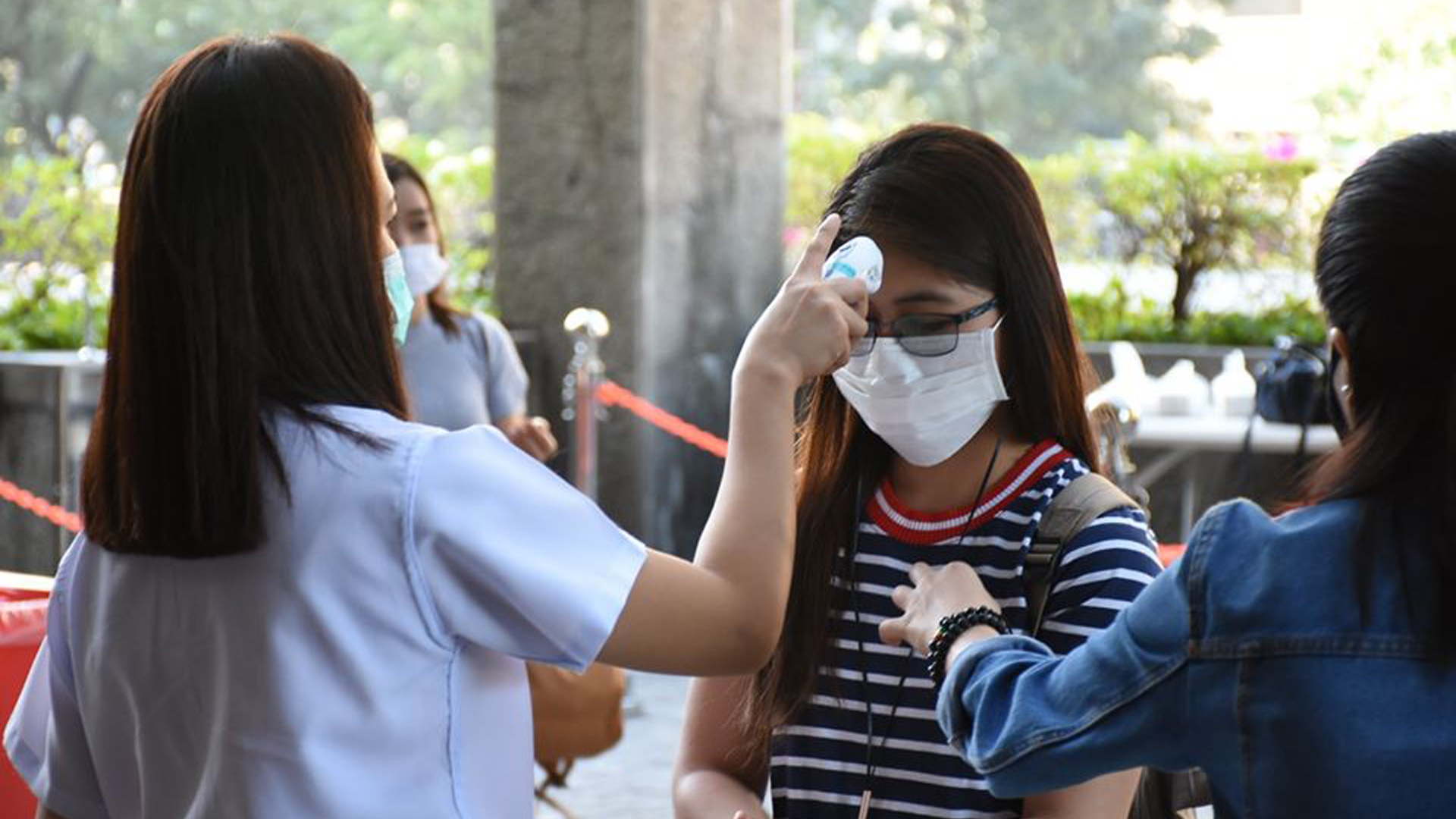San Miguel Corporation (SMC) has begun testing its employees for Covid-19 as part of an extensive plan to reopen its workplaces safely and continue providing essential services to the public.
Swabbing is currently ongoing in key facilities of the company while work to build a dedicated testing lab is ongoing. Construction is already 60 percent complete.
SMC will also strictly implement workplace safety measures – from physical distancing, wearing of protective equipment, frequent hand washing to temperature checks, among others – to prevent the spread of the virus and ensure the safety of its employees.
“We are prioritizing, first, our security and other maintenance staff, as they are the ones who take care of our workplace. After them, we test our colleagues whose duties require them to report to the office,” SMC president and COO Ramon Ang said.
“Initially we are looking at only 20 percent of our head office population to report for work. The majority will continue to work-from-home,” he added.
Ang said that testing at its other facilities, particularly its food manufacturing plants in Cavite, is also set to start.
Throughout the enhanced community quarantine period, teams of stay-in workers have been working around the clock at San Miguel’s food facilities to continue essential food production.
“We will also test close to 8,000 manufacturing and operations and management front line staff. We are also lining up testing at our Visayas facilities simultaneously,” he added.
Visayas and Davao testing will be on stream toward the end of May or early June.
Ang said that once its dedicated polymerase chain reaction (PCR) testing laboratory is up and running, the company would be able to test even more employees and help ensure their safe return to work.
PCR testing is the gold standard for diagnosing Covid-19, because it is highly reliable and accurate.
“We are doing this in phases. The success with which we can quickly test a large percentage of our employee population over the next few weeks will be a key consideration in the timelines of our overall return-to-work plan. Currently, we are working with partner laboratories to process the tests, but once our lab is up, we expect to be able to process more tests quickly so we don’t burden the system and we can take care of our employees,” he added.
“Being able to test to identify who has the virus quickly, isolate them from the rest of the employee population and to monitor the workforce for indicative symptoms will allow us to emerge from this crisis strong.”
Ang also reiterated SMC’s commitment to continue helping the government, medical front-liners, local government units, and less-fortunate communities throughout the crisis.
Recently, SMC vowed to support all 17 Metro Manila LGUs in their efforts to expand Covid-19 testing in their respective areas. SMC is donating swab booths as well as PCR testing kits equivalent to 34,000 tests.
The company is donating an additional three sets of Reverse Transcription (RT)-PCR testing machines and RNA machines to key government hospitals.
This is on top of five sets of the same machines donated to the Department of Health earlier, along with testing kits equivalent to 20,000 tests. This, according to the DOH, doubled the country’s testing capacity at the time.
Ang is also advocating for accessible testing—in particular, free testing for lower-income families, and affordable testing for everyone else, including MSMEs that have to test their employees.
SMC, whose major business include San Miguel Food and Beverage Inc.–made up of San Miguel Foods Inc., San Miguel Brewery Inc., and Ginebra San Miguel Inc–Petron Corporation, SMC Global Power Holdings Inc., and SMC Infrastructure, reported that its Group-wide Covid-19 response has reached PHP13.08 billion, as of May 12.
This includes a PHP500-million budget for medical equipment and supplies, PHP487 million spent on food donations including products and rice; PHP91.8 million in free disinfecting alcohol, PHP15.37 million in disinfecting powder, PHP11 million in free toll for medical front liners at its expressways, and PHP5.8 million in free fuel for government’s “Libreng Sakay” program for medical workers, among many others.
Also included are PHP8.77 billion in on-time payments of taxes and concession fees to ensure availability of funds for government; PHP3.09 billion pumped into the economy through full salaries for employees and payments to third-party providers, as well as a PHP100 million personal donation from the family of Ang.








